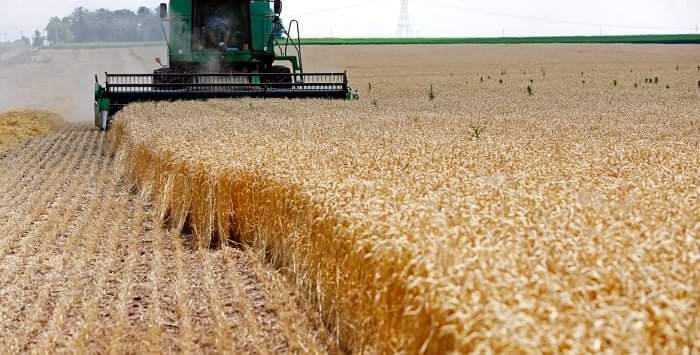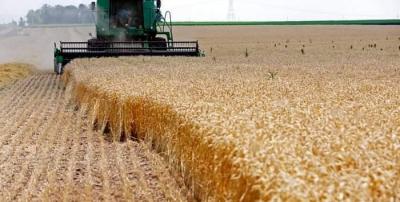Officials from the United Nations Development Programme have warned of "catastrophic" possibilities that the African continent may face in the coming months, and perhaps weeks, due to the repercussions of the Ukrainian crisis, primarily the rising prices of fuel, food, and energy. Raymond Gilpin, the chief economist for the UNDP in Africa, stated during a press conference in Geneva, Switzerland, that "this is an unprecedented crisis for the continent."
The economist predicted a decline in economic growth within the continent, which was expected to rise slightly this year after "COVID-19," estimating that export growth will reach 4% instead of the previously anticipated 8.3%. He indicated that as a result, millions of families would face financial difficulties, which could exacerbate social unrest across a continent that houses many of the poorest countries in the world. Gilpin suggested the likelihood of tensions erupting in hot spots such as the Sahel, parts of Central Africa, and the Horn of Africa.
Additionally, UN Under-Secretary-General Ahuna Eziakonwa highlighted that "some African countries import up to 80% of their wheat from Russia and Ukraine" and are facing emergencies amid the current disruptions, noting the inability of these nations to rapidly implement solutions to secure essential goods. The official pointed out dramatically high borrowing rates for African countries, adding that "they are higher than anywhere else in the world."
Political economy professor Karim Al-Omda believes that African countries, especially conflict and dispute zones, will be the most affected by the consequences of the Ukrainian crisis, both economically, politically, and in terms of security, as these regions already struggle with security weakness and inadequate infrastructure and essential services. He noted their significant dependence on Western and European countries for most of their consumption, clearly worsened by the war.
In a statement to Sky News Arabia, Al-Omda emphasized that the Russian-Western conflict cannot be confined to just Russia and Ukraine; rather, it extends into the heart of Africa to control economic resources, minerals, energy resources, and strategic assets like roads and ports, which is critical and significantly impacts the growth disparities in those countries.
Al-Omda elaborated that despite Africa's abundant resources, it relies entirely on external sources for basic needs such as food, medicines, and consumer goods, whether imports or aid for poorer countries or conflict regions, thus directly affected by the war's repercussions. Moreover, he noted the absence of any economic growth indicators in these countries due to the crises and wars experienced over decades while under pressure from colonial powers.
In this context, a joint statement from 11 international relief organizations mentioned that around 27 million people are suffering from hunger in West Africa, with the number potentially rising to 38 million by June, marking a 40% increase compared to last year, which represents an unprecedented rise in the number of people suffering from food shortages. The West African region has faced a wave of flooding alongside severe droughts due to the effects of climate change, making agriculture increasingly difficult, not to mention the armed conflicts occurring in large parts of West African countries, including sections of Burkina Faso, Mali, Niger, Chad, and Nigeria, which are dealing with violence from terrorist groups linked to Al-Qaeda and ISIS, forcing millions to leave their lands.




